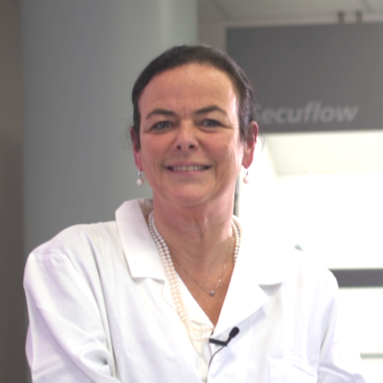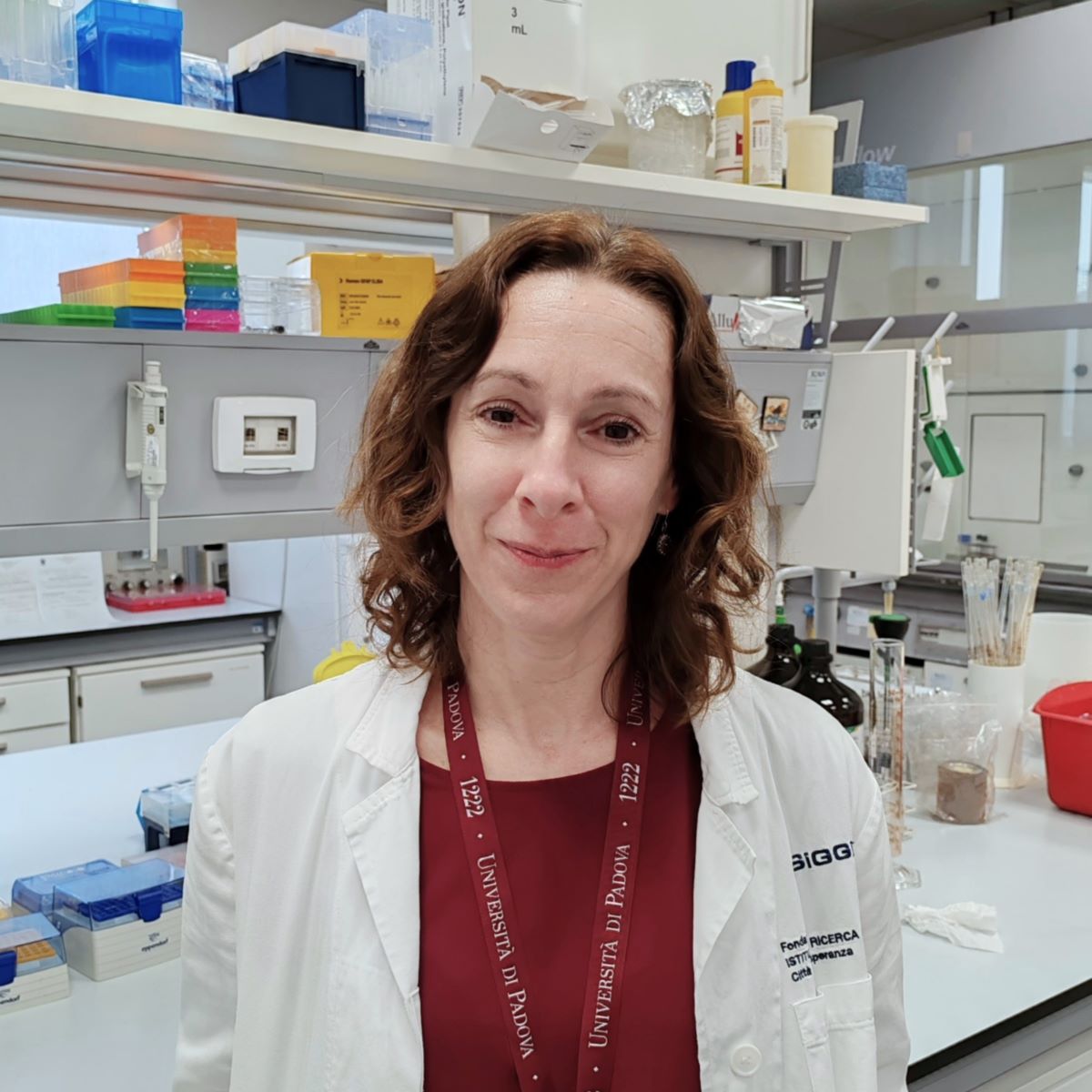Predictive Medicine Area
Pediatric Critical Care (PCare)
Research Activity
Care Laboratory has 30 years of experience of translational medicine in critical care-related diseases (including animal models, infants and adults). The multidisciplinary team of PCare lab is made up of professionals dealing with a wide variety of fields such as health professionals, biologist, chemist, and biotechnologist. The focus of our research is the development of stable isotope and high-resolution mass spectrometry-based techniques (targeted and untargeted) to improve the understanding of human biology on a cellular and whole-organism level.
Studies are conducted with an analytical chemistry approach involving isolation, quantitation, and in vivo tracking of target molecules through stable isotopes tracing, using isotope-ratio mass spectrometry and high-resolution mass spectrometry. This approach allow the development and application of extremely sensible methods to various diseases, including respiratory distress syndrome, brain injury and to drug delivery, exploiting the potential of complex matrices like tracheal aspirates, urine, blood, tissues and cells.
The laboratory owns 3 gas-chromatographers (Agilent 6890N) coupled with: a flame-ion detector; a single quadrupole mass spectrometer (5973i); two isotope-ratio mass spectrometers (Thermo Delta V), and a thermal combustion/elemental analyzer (Thermo TC/EA). Moreover, an UHPLC (Thermo Ultimate 3000) coupled with a high-resolution mass spectrometer (Thermo Q Exactive) for targeted and untargeted femtogram metabolite and protein analysis.
In recent years, we have focused on the neurological and pulmonary injuries occurring during pediatric cardiac surgery for congenital heart defects (CHD). The latter are the most common congenital disease affecting about 1% of all births. Improved surgical techniques have reduced operative mortality to 3% and major concerns are now focused on the long-term outcome, especially on neurological and neurodevelopmental disorders along with lung injuries. We are trying to define a panel of biomarker that correlates with the neurological and pulmonary outcome of children undergoing open-heart surgery for complex CHD. We recently described how the minimum temperature reached during cardiac surgery is the most important factor that influences the rise of a brain injury neuromarker (GFAP) and how the type of cardiac diseases is linked to a specific pulmonary surfactant status. Moreover, we linked the plasmatic amount of GFAP, along with other surgical parameters, to children’s neurodevelopmental outcome assessed 18 months after surgery. Neurodevelopmental follow-up showed that GFAP was associated with impaired communication skills. Up to 52% of CHD children reported neuropsychological impairments mainly related to the domain of the social and affective perception. Moreover, our laboratory applied an untargeted metabolomics approach to elucidate the mechanism underlying CHD phenotype and to identify the metabolite signatures of early brain damage.
Pulmonary surfactant status in critical diseases, both acute and chronic, is also a key topic of the laboratory. We used stable isotope tracers and high resolution-mass spectrometry techniques to describe lipids and metabolites profile and surfactant specific proteins metabolism and amounts in different disease in children and animal models.
Studies on preterm and newborn infants’ nutrition (focused on parenteral nutrition) are also ongoing with important results obtained describing the metabolism of lipids components and their relationship with the diseases. Lipidomics and metabolomics studies are planned to study lipids metabolism in the fetus and during pregnancy complicated by intrauterine growth restriction.
Our research team collaborates with several laboratories and with industries for the development of methods for targeted and untargeted analysis of both small molecules and proteins.
Related Research Area
Team Members
Prof. Paola Cogo – Principal Investigator
Dr. Manuela Simonato – Junior Principal Investigator
Dr. Anna Sartori – PhD Student
Dr. Lucia Lanciotti – MD, Clinical Scientist
Dr. Chiara Bortolato – PhD Student
Prof. Virgilio Paolo Carnielli – Full Professor
Dr. Alessio Correani – Senior Scientist
Dr. Giovanna Verlato – MD, Clinical Scientist
Prof. Aldo Baritussio – Associate Professor
Selected Publications
• Arslanbaeva L, Tosi G, Ravazzolo M, Simonato M, Tucci FA, Pece S, Cogo P, Santoro MM. UBIAD1 and CoQ10 protect melanoma cells from lipid peroxidation-mediated cell death. Redox Biol. 2022;51:102272. doi:10.1016/j.redox.2022.102272
• Simonato M, Visentin S, Verlato G, Cosmi E, Correani A, Cogo P, Carnielli VP. DHA turnover in pregnant women using the natural abundance variation of 13C: a pilot study. Br J Nutr. 2022 Apr 11:1-19. doi: 10.1017/S0007114522001088. PMID: 35403583
• Simonato M, Dall’Acqua S, Zilli C, Sut S, Tenconi R, Gallo N, Sfriso P, Sartori L, Cavallin F, Fiocco U, Cogo P, Agostinis P, Aldovini A, Bruttomesso D, Marcolongo R, Comai S, Baritussio A. Tryptophan Metabolites, Cytokines, and Fatty Acid Binding Protein 2 in Myalgic Encephalomyelitis/Chronic Fatigue Syndrome. Biomedicines vol. 9,11 1724. 19 Nov. 2021, doi:10.3390/biomedicines9111724
• Ricci F, Bresesti I, LaVerde PAM, Salomone F, Casiraghi C, Mersanne A, Storti M, Catozzi C, Tigli L, Zecchi R, Franceschi P, Murgia X, Simonato M, Cogo P, Carnielli V, Lista G. Surfactant lung delivery with LISA and InSurE in adult rabbits with respiratory distress. Pediatr Res. 2021 Sep;90(3):576-583. doi: 10.1038/s41390-020-01324-2. Epub 2021 Jan 15.
• Simonato M, Fochi I, Vedovelli L, Giambelluca S, Carollo C, Padalino M, Carnielli VP, Cogo P. Urinary metabolomics reveals kynurenine pathway perturbation in newborns with transposition of great arteries after surgical repair. Metabolomics. 2019 Oct 28;15(11):145. doi: 10.1007/s11306-019-1605-3. PMID: 31659512; PMCID: PMC6817811. Journal cover


